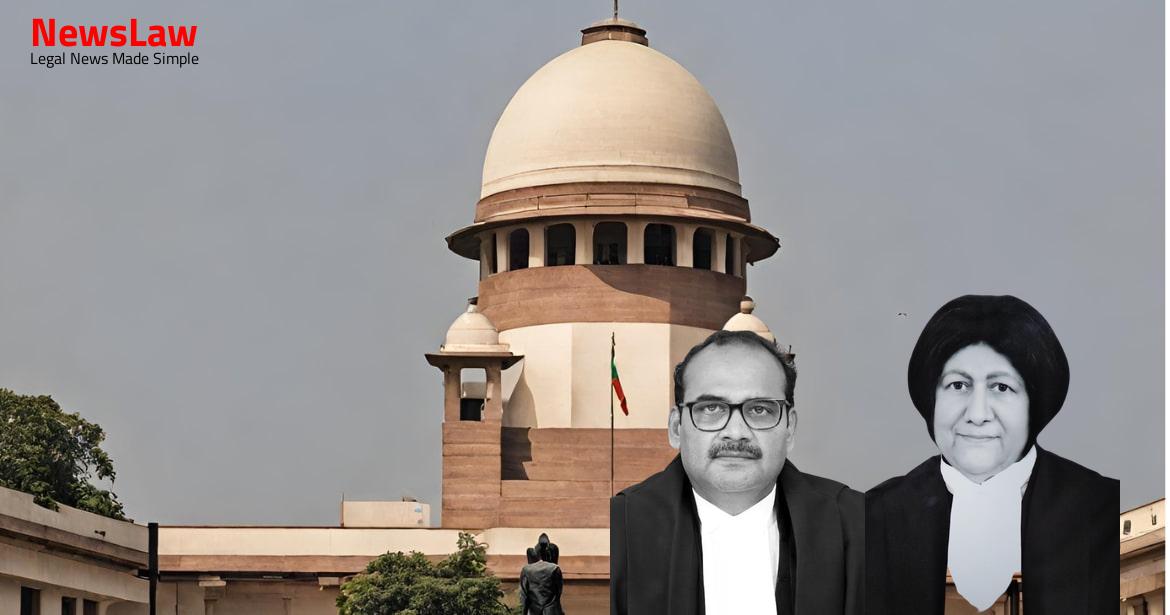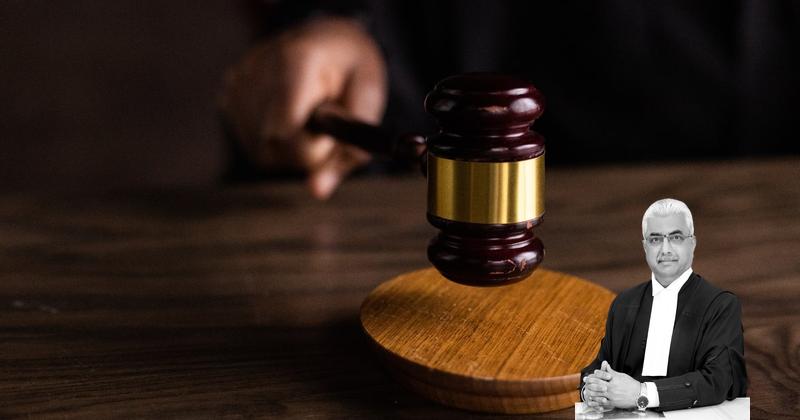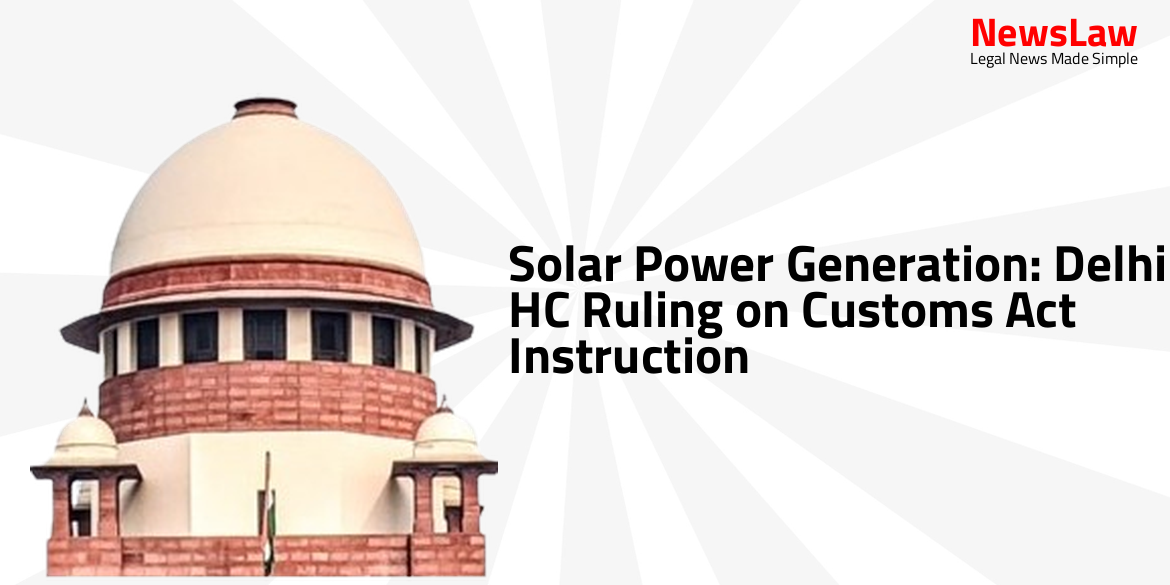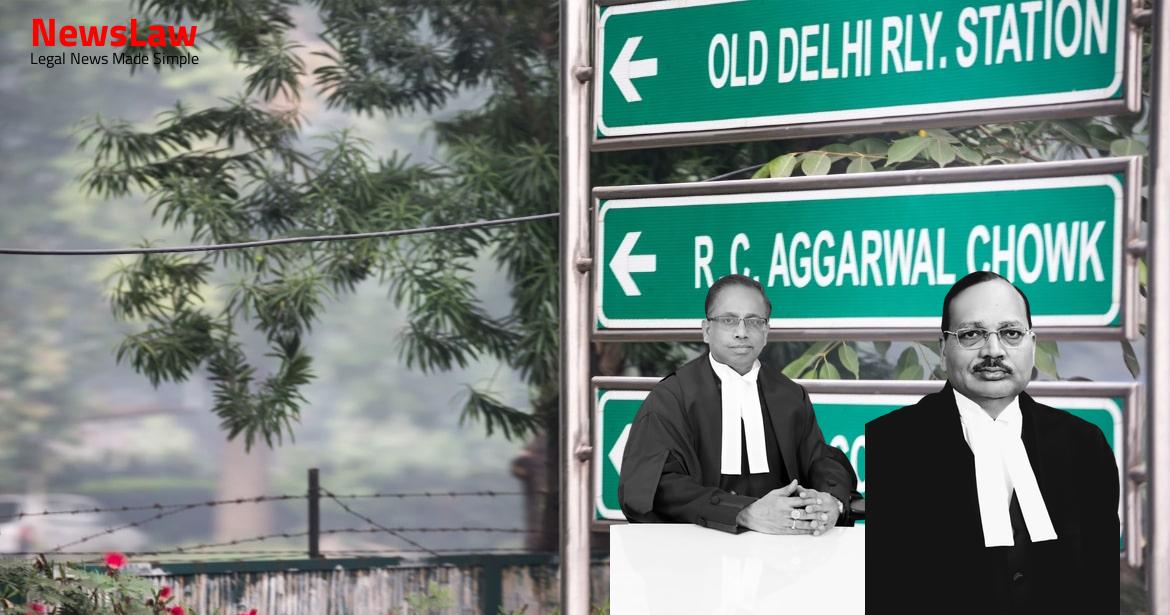Delve into a detailed legal analysis provided by the court regarding the waiver of waiting periods in mutual divorce cases. The court’s examination of provisions under the Hindu Marriage Act sheds light on the complexities of balancing the statutory waiting period with considerations of reconciliation and avoiding prolonged agony for the parties involved.
Facts
- Appeal against the High Court’s dismissal of a Civil Revisional Application filed by the Appellant.
- The CRA was against the order of the Family Court refusing to waive the requirement under Section 13B(2) of the Hindu Marriage Act.
- The Appellant and Respondent, both educated and well placed, sought divorce by mutual consent after over a year of separation.
- They got married on 10 September 2020 and separated on 13 September 2020.
- The petition for divorce by mutual consent was filed around 30 September 2021.
- The CRA questioned the need to wait for at least six months from the date of filing the petition for divorce by mutual consent.
- The Family Court dismissed the application
- The application was found to be devoid of merits
- The application was considered not maintainable
Also Read: Legal Analysis: Search and Seizure Compliance in NDPS Act
Analysis
- Parties to a marriage can file a petition for dissolution of marriage by mutual consent under Section 13B(1) of the Hindu Marriage Act.
- The grounds for such dissolution include living separately for one year or more and mutual agreement to end the marriage.
- The court can pass a decree of divorce under Section 13B(2) after necessary inquiries on the motion of both parties.
- Waiving the statutory period under Section 13B(2) requires consideration of certain factors.
- Section 13B is not meant to weaken the institution of marriage but provides a way to dissolve it if irretrievably broken down.
- Court may allow a petition before one year on grounds of exceptional hardship or depravity as per the proviso to Section 14.
- Section 14 mandates a one-year waiting period before entertaining a petition for divorce under the Hindu Marriage Act.
- The Act includes provisions for annulment, judicial separation, and dissolution of marriage based on specified grounds.
- The objective of Section 13-B is to facilitate the dissolution of a marriage by consent in case of irretrievable breakdown.
- Section 13B(1) of the Hindu Marriage Act requires a waiting period of 1 ½ years from the date of separation to move the motion for a decree of divorce.
- The High Court found that Section 13B(2) is directory but rejected the request to waive the waiting period due to non-compliance with the 1 ½ years waiting period.
- The purpose of the waiting period is to allow for reconciliation and avoid hasty divorces.
- The court may consider waiving the waiting period if certain conditions are met, such as failed mediation, genuine settlement of differences, and prolonging agony.
- The cooling-off period of six months is intended to give spouses time to reconsider and potentially reconcile.
- The judicial discretion to waive the waiting period should be exercised judiciously, with a focus on the possibility of reconciliation and avoiding further agony for the parties involved.
- The essence of Section 13B(2) and Section 14 is to protect the institution of marriage by preventing impulsive divorces.
- Judgments in Jobanpreet Kaur, Nav Raj Bhatta, and Priyanka Chauhan cannot be relied upon due to lack of consideration on the issue of waiver subject to a period of 1 1/2 years before the first motion.
- In Kiran v. Sharad Dutt, after living separately for many years, parties filed a joint application to convert a divorce petition into a proceeding under Section 13-B of the Hindu Marriage Act, and this Court granted a decree of mutual divorce at the stage of the SLP itself by invoking Article 142 powers.
- Devinder Singh Narula v. Meenakshi Nangia case observed about the stipulated cooling-off period of six months under mutual divorce, and the discretion of the court to waive the waiting period under Section 13B(2) of the Hindu Marriage Act.
- Amardeep Singh v. Harveen Kaur case highlighted the court’s power under Article 142 to waive the statutory waiting period of six months under Section 13B(2) if reconciliation wasn’t possible.
- Anil Kumar Jain v. Maya Jain case mentioned that the conditions specified in judgments like Amardeep Singh are not mandatory obligations to be fulfilled in waiver cases.
- The judgment in Soni Kumari v. Deepak Kumar contributes two propositions based on the discussions.
- Efforts at reconciliation have failed
- Parties have lived apart for the entire marriage except three days
- No useful purpose in making parties wait, except to prolong agony
- Parties are unwilling to live together as husband and wife
Also Read: Analysis of Financial Statements as Acknowledgment in Limitation Act Case
Decision
- Decree of divorce by mutual consent under Section 13B of the Hindu Marriage Act, 1955 is granted, dissolving the marriage of the Appellant and the Respondent.
- Pending applications, if any, are disposed of.
- The Court exercises power under Article 142 of the Constitution of India to grant a decree of divorce by mutual consent, waiving the statutory waiting period of six months under Section 13(B)(2) of the Hindu Marriage Act, 1955.
- Impugned orders dated 17 November, 2021, and 12 October, 2021 passed by the High Court and Family Court, Hissar respectively are set aside.
- The appeal is allowed.
Also Read: Landmark Legal Analysis in Conviction Appeal Case
Case Title: AMIT KUMAR Vs. SUMAN BENIWAL (2021 INSC 875)
Case Number: C.A. No.-007650-007650 / 2021



